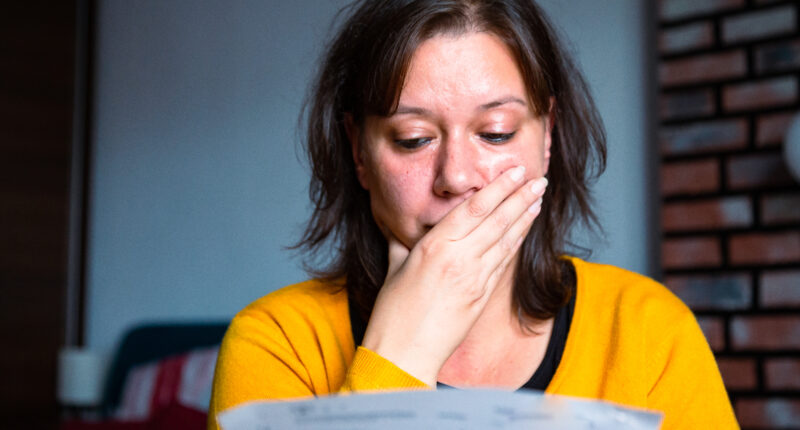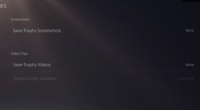THOUSANDS of households on Universal Credit payments are still having their benefits slashed despite a landmark ruling.
It comes after High Court judges ruled that deducting money from benefit payments was unlawful if the claimant had not consented.
But the ruling fell short of covering those on Universal Credit and thousands are still having money taken without their consent, according to BBC News.
Helen Timson, a benefits claimant, successfully argued that it was unlawful to take money without first checking whether a claimant could afford and live off the remaining cash minus any deductions.
But the ruling only applied to those on jobseeker’s allowance (JSA) and income-related employment and support allowance (ESA) but not those on Universal Credit.
A separate legal challenge which took effect in April 2022 did uphold that those on Universal Credit must be asked to agree to new any new deductions for ongoing energy costs.


However, it fell short in forcing the Department for Work and Pensions (DWP) to ask for a claimant’s consent if they are in debt with their utility firm.
Nearly half a million of these third-party deductions for those on Universal Credit were in force as of November 2022.
But a freedom of information request by BBC News has revealed that 221,000 of these deductions were set up for those in debt – indicating that hundreds of thousands didn’t consent to the pay cut.
However, it’s important that claimants are aware of their rights.
Most read in Money
Claimants are fully entitled to contact the Department for Work and Pensions (DWP) at any time to stop any deductions.
The DWP said safeguards were in place to allow claimants to dispute deductions and ensure payments were “manageable” including the ability to submit an appeal, called a mandatory reconsideration.
It said people claiming Universal Credit were notified in advance, via their online account, and letters were sent to people receiving legacy benefits before third party deductions were applied, stating how to challenge them.
What are Universal Credit and benefits deductions?
Money can be taken directly out of your benefits payments to pay off any debts.
This is sometimes called “third party deductions” or, for gas and electricity payments, Fuel Direct.
Deductions are applicable and can be requested with the following income-based benefits:
How are deductions established?
Claimants as well as organisations you owe money to can ask for deductions to be made from your benefits to pay off the debt.
The office that pays your benefit will only agree to do this if the organisation has tried other ways of getting the money from you, according to the DWP.
If the request for deductions is successful, you’ll be told how much will be deducted by letter or in your Universal Credit journal.
How much money can be deducted from my award?
A fixed amount is deducted from your benefits until you’ve paid off the debt you owe.
Money can be deducted to pay off up to three debts at once.
If you receive Universal Credit, 5% will be deducted from your benefit payment for each debt you owe.
If you receive other benefits, £3.85 a week will be deducted for each debt.
If you want to pay more than the fixed rate towards your debts, you must arrange this with the organisation you owe money to.
Can I stop or amend my Fuel Direct payments?
Claimants can stop deductions for ongoing bills at any time.
They will need to contact the office that pays their benefit to request this.
If you do choose to stop making gas and electricity Fuel Direct payments, contact your energy supplier to arrange a different way to pay to avoid falling into more debt.
And if you want to change the amount you pay, contact your energy supplier directly.


Claimants that owe money but cannot afford more deductions to their benefits, should contact their energy supplier straight away.
Energy suppliers may be able to arrange a different way for you to pay as well as signpost you to apply for specific grants and other cash help.









